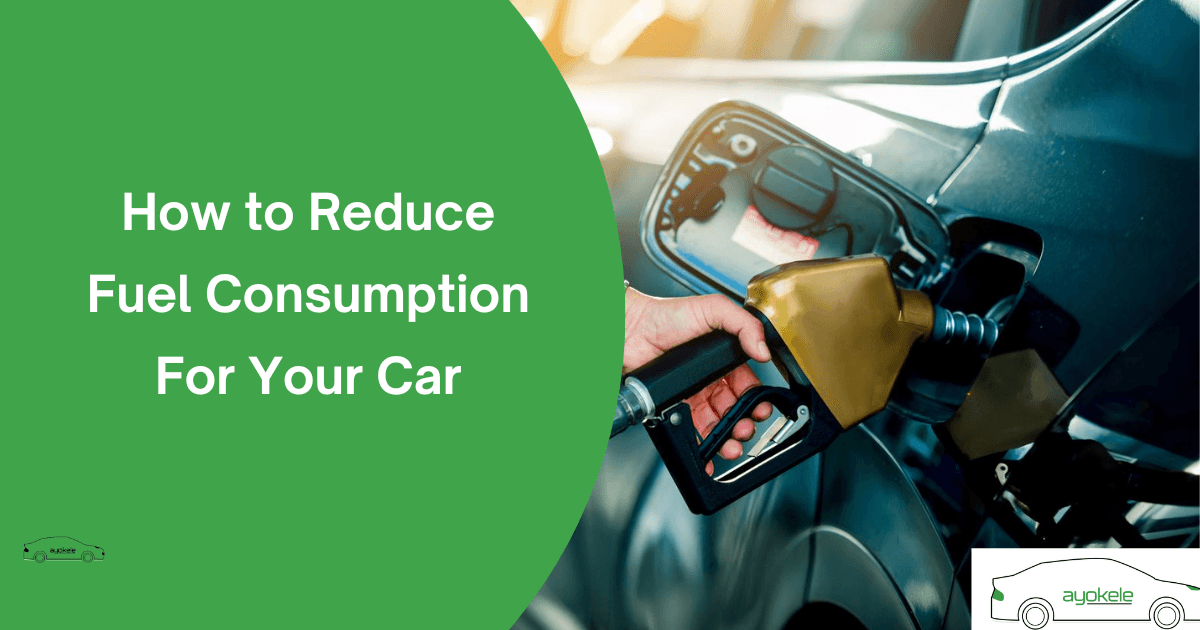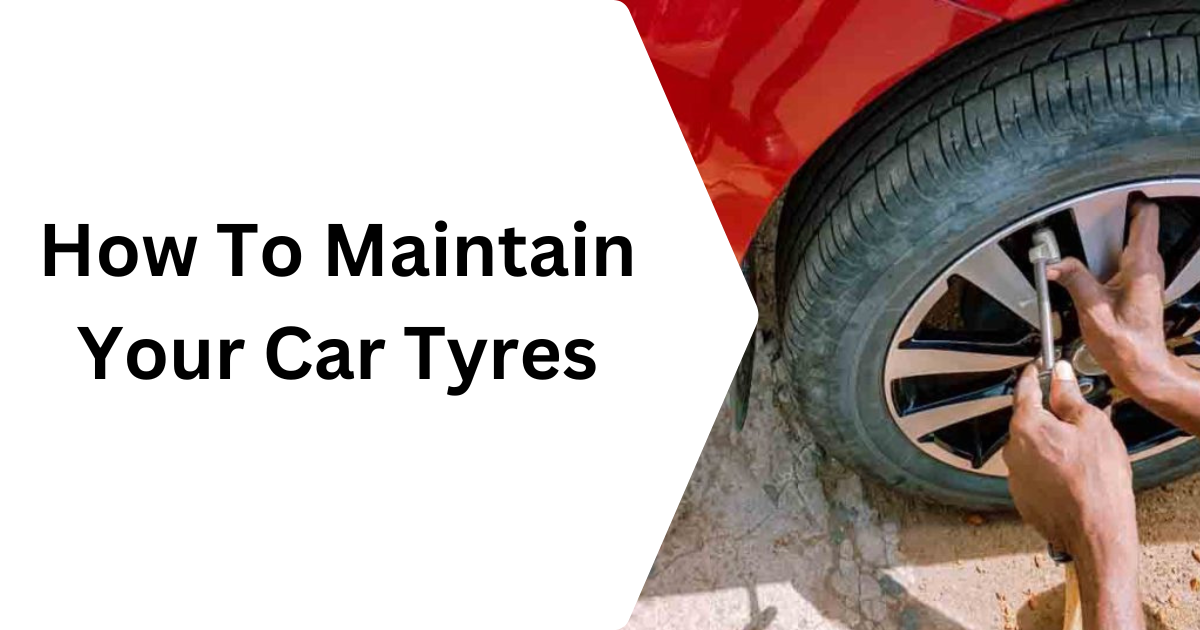With rising fuel prices and a growing focus on environmental conservation, reducing fuel consumption has become more important than ever. Simple habits, such as maintaining your car and adopting efficient driving techniques, can help you save money while minimizing your contribution to carbon pollution in Nigeria. In this guide, we’ll explore practical tips to improve your car’s fuel efficiency. These strategies will help you make the most of every liter of fuel.
Maintain Your Vehicle
Keeping your vehicle in good condition is one of the best ways to reduce fuel consumption. Regular servicing ensures that the engine is running efficiently, which directly impacts fuel usage. For example, clogged air filters or worn-out spark plugs can cause the engine to work harder, leading to increased fuel consumption. Replacing these components during routine maintenance can significantly improve your car’s fuel efficiency.
Don’t forget to check your engine oil regularly and replace it as recommended by your car’s manufacturer. Using the correct type of oil reduces friction in the engine, helping it run smoothly and use less fuel. A well-maintained car not only saves fuel but also extends its lifespan and reduces the likelihood of costly repairs.
Drive Smoothly and Avoid Aggressive Driving
Driving aggressively, such as accelerating quickly, braking hard, or frequently changing speeds, wastes a lot of fuel. Instead, focus on driving smoothly by gradually accelerating and decelerating.
Additionally, planning your movements on the road can prevent unnecessary fuel use. For instance, anticipate traffic signals and slow down naturally instead of slamming the brakes. Smooth driving not only saves fuel but also keeps your car’s engine and brakes in better condition, reducing wear and tear over time.
Check and Maintain Proper Tire Pressure
Underinflated tires can significantly increase fuel consumption. When your tires aren’t properly inflated, they create more resistance with the road, forcing the engine to work harder and use more fuel. Regularly checking and maintaining the tire pressure at the manufacturer’s recommended levels helps your car run more efficiently.
Use a tire pressure gauge to measure the pressure at least once a month, especially before long trips. Maintaining proper tire pressure not only saves fuel but also improves your car’s handling and extends the lifespan of your tires. It’s a simple habit that can lead to long-term savings and better road safety.
Limit High-Speed Driving
Driving at high speeds increases fuel consumption because the engine works harder to overcome wind resistance. Most cars achieve their best fuel efficiency at speeds between 50 to 70 km/h. Once you exceed this range, fuel usage rises significantly. To save fuel, drive at a moderate and steady speed, especially on highways.
In addition to saving fuel, limiting your speed improves safety by giving you more time to react to unexpected situations on the road. Use cruise control when driving on highways to maintain a consistent speed, which reduces unnecessary acceleration and ensures efficient fuel use.
Reduce Excess Weight in Your Car
Carrying unnecessary items in your vehicle can increase fuel consumption. Extra weight requires more energy from the engine, especially during acceleration. Remove heavy items you don’t need, such as tools, luggage, or unused equipment, to lighten your car and improve fuel efficiency.
If you frequently travel with a roof rack or carrier, consider removing it when it’s not in use. These attachments create wind resistance, which also increases fuel consumption. Keeping your car as light and aerodynamic as possible is a simple way to save fuel and reduce overall running costs.
FAQs
1. What is the best driving speed to save fuel?
Driving at a moderate and steady speed, typically between 50 to 70 km/h, is ideal for fuel efficiency. Avoid overspeeding, as it significantly increases fuel consumption due to higher wind resistance.
2. Does using air conditioning consume more fuel?
Yes, air conditioning uses additional power from the engine, which can increase fuel consumption. To save fuel, use the AC wisely and turn it off when it’s not necessary, especially during short trips.
3. How often should I check my tire pressure to save fuel?
You should check your tire pressure at least once a month or before long trips. Properly inflated tires reduce rolling resistance, helping your car use less fuel.
4. Can idling waste fuel?
Yes, idling for long periods wastes fuel unnecessarily. If you’re parked or waiting for more than a minute, it’s better to turn off the engine to conserve fuel.
5. Does regular car maintenance improve fuel efficiency?
Absolutely! Routine tasks like changing engine oil, replacing air filters, and keeping the spark plugs in good condition ensure the engine runs efficiently, which helps save fuel.
Reducing fuel consumption is not only good for your wallet but also for the environment. If you these simple tips, you can drive smarter, save money, and ensure your car runs efficiently.




